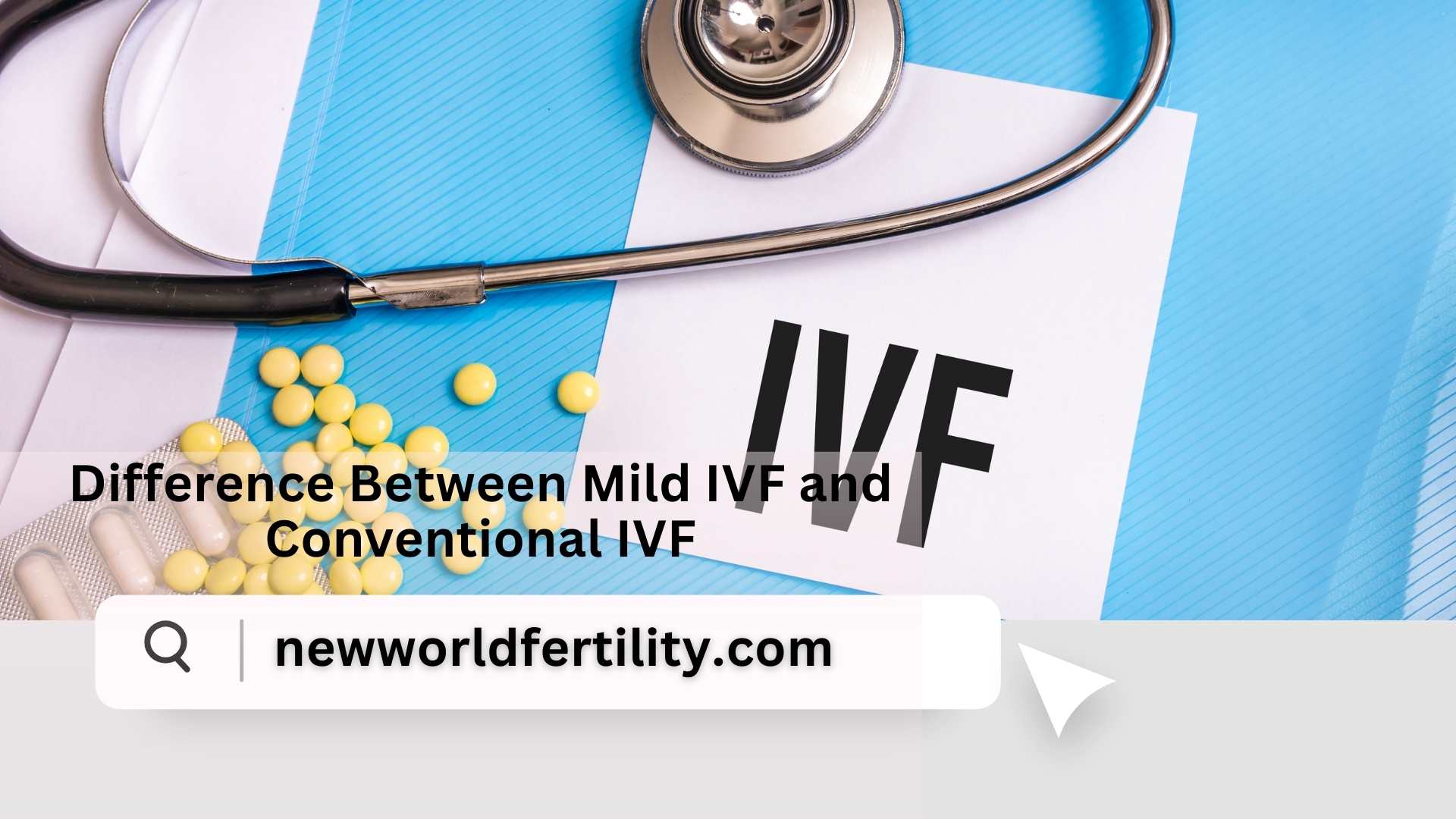Difference Between Mild IVF and Conventional IVF
When it comes to in vitro fertilization (IVF), patients and practitioners have several options to consider. Two notable approaches are Mild IVF and Conventional IVF. Each method has its own set of advantages and considerations, and understanding the differences can help prospective parents make an informed decision.
What is Conventional IVF?
Conventional IVF is the most widely recognized form of assisted reproductive technology. It involves several steps:
- Ovarian Stimulation: High doses of fertility medications are used to stimulate the ovaries to produce multiple eggs.
- Egg Retrieval: Once the eggs are mature, they are retrieved from the ovaries using a needle guided by ultrasound.
- Fertilization: The eggs are then fertilized in the lab with sperm.
- Embryo Transfer: After a few days of growth, the resulting embryos are transferred into the uterus.
Pros of Conventional IVF:
- Higher number of eggs retrieved, potentially leading to more embryos.
- Suitable for various infertility issues, including severe male factor infertility.
Cons of Conventional IVF:
- Higher doses of medication can lead to side effects like ovarian hyperstimulation syndrome (OHSS).
- More invasive procedures and higher costs.
What is Mild IVF?
Mild IVF, also known as minimal stimulation IVF, is a less intensive approach that uses lower doses of medication compared to Conventional IVF:
- Ovarian Stimulation: Mild IVF involves administering lower doses of fertility drugs, which stimulates the ovaries but aims to retrieve fewer, higher-quality eggs.
- Egg Retrieval: Similar to Conventional IVF, eggs are retrieved once they are mature.
- Fertilization: The retrieved eggs are fertilized in the lab.
- Embryo Transfer: Embryos are then transferred to the uterus.
Pros of Mild IVF:
- Reduced risk of OHSS due to lower medication doses.
- Less invasive with potentially fewer side effects.
- Lower costs compared to Conventional IVF.
Cons of Mild IVF:
- Fewer eggs retrieved, which might lead to fewer embryos.
- May not be suitable for all infertility conditions, especially those requiring more aggressive treatment.
Which Approach is Right for You?
The choice between Mild IVF and Conventional IVF depends on various factors, including your specific fertility issues, age, and overall health. Mild IVF is often recommended for those with mild fertility issues, women with a good ovarian reserve, and those who prefer a less invasive approach. Conventional IVF might be more suitable for individuals with complex infertility problems or those needing higher egg yields.
At New World Fertility Centre in Delhi, our team of experts will work closely with you to evaluate your individual needs and recommend the most appropriate IVF approach. We aim to provide personalized care to help you achieve your fertility goals.
FAQ
1. What is Conventional IVF?
Conventional IVF involves stimulating the ovaries with high doses of fertility medications to produce multiple eggs. The eggs are then retrieved, fertilized in the lab, and the resulting embryos are transferred to the uterus.
2. What is Mild IVF?
Mild IVF, or minimal stimulation IVF, uses lower doses of fertility medications to stimulate the ovaries. This approach aims to retrieve fewer but potentially higher-quality eggs, leading to a less invasive procedure compared to Conventional IVF.
3. What are the key differences between Mild IVF and Conventional IVF?
- Medication Dosage: Conventional IVF uses higher doses of medication, while Mild IVF uses lower doses.
- Egg Retrieval: Conventional IVF typically retrieves more eggs, whereas Mild IVF retrieves fewer eggs.
- Side Effects: Mild IVF generally has a lower risk of ovarian hyperstimulation syndrome (OHSS) due to the reduced medication dose.
Cost: Mild IVF often costs less than Conventional IVF due to reduced medication and procedural costs.
4. Which method is more effective?
The effectiveness of Mild IVF versus Conventional IVF depends on individual factors such as age, fertility diagnosis, and overall health. Conventional IVF is often used for more complex cases, while Mild IVF may be suitable for those with milder fertility issues or who prefer a less invasive approach.
5. Who should consider Mild IVF?
Mild IVF is often recommended for women with a good ovarian reserve, those with milder fertility issues, and individuals who want to avoid the higher risks associated with higher medication doses.
6. Are there risks associated with Mild IVF?
Mild IVF generally has fewer risks compared to Conventional IVF due to the lower doses of medication. However, it may not be suitable for all fertility conditions, especially if a higher egg yield is required.
7. How do I choose between Mild IVF and Conventional IVF?
Your choice will depend on various factors including your specific fertility issues, age, and response to previous treatments. Consulting with a fertility specialist at New World Fertility Centre will help determine the best approach for your situation.

 Sep-10-2025
Sep-10-2025